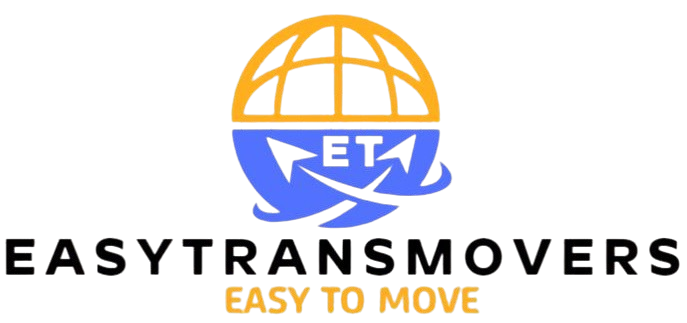Storage Service
Storage services provide solutions for safely keeping belongings, inventory, or documents for short-term or long-term periods. These services are useful for individuals, businesses, and organizations needing extra space for their possessions or assets. Here’s an overview of the types of storage services available, their features, and considerations for choosing the right service:
Types of Storage Services:
- Self-Storage:
- Description: Facilities where individuals or businesses can rent units of various sizes to store personal items, household goods, or business inventory.
- Advantages: Flexible rental terms, 24/7 access, and a wide range of unit sizes.
- Considerations: Security features (e.g., surveillance, gated access), climate control (if needed), and proximity to your location.
- Climate-Controlled Storage:
- Description: Storage units with regulated temperature and humidity levels to protect sensitive items such as antiques, artwork, electronics, and important documents.
- Advantages: Ideal for items that are susceptible to damage from extreme temperatures or humidity.
- Considerations: Typically more expensive than standard storage units.
- Business Storage:
- Description: Specialized storage solutions for businesses, including warehouse space, document storage, and inventory management.
- Advantages: Often includes additional services such as inventory tracking and logistics support.
- Considerations: Choose a provider with experience in handling business needs and access to logistical support.
- Mobile Storage:
- Description: Portable storage containers delivered to your location for packing and then transported to a storage facility or a new location.
- Advantages: Convenient for moving or decluttering, and provides flexibility in packing and unpacking.
- Considerations: Ensure the provider offers secure transport and storage options.
- Vehicle Storage:
- Description: Storage solutions for vehicles, including cars, boats, RVs, and motorcycles. Can be indoor (enclosed) or outdoor (covered or uncovered).
- Advantages: Protects vehicles from weather elements and potential vandalism.
- Considerations: Choose a facility with appropriate security measures and access arrangements.
- Document Storage:
- Description: Secure storage for important documents and records, often with services for shredding, indexing, and retrieval.
- Advantages: Helps with organization, compliance, and protection of sensitive information.
- Considerations: Look for facilities with robust security and fire protection systems.
Features and Considerations:
- Security:
- Access Control: Ensure the facility has secure access controls, such as gated entry, surveillance cameras, and individual unit alarms.
- Insurance: Check if insurance is included or available to cover potential damage or theft.
- Accessibility:
- Hours of Operation: Consider the facility’s access hours and whether you need 24/7 access.
- Location: Choose a facility that is conveniently located relative to your home or business.
- Climate Control:
- Temperature and Humidity: For items sensitive to environmental conditions, such as electronics or artwork, verify the climate control features.
- Size and Capacity:
- Unit Size: Select a storage unit that fits your needs. Providers often offer a range of sizes, from small lockers to large warehouse spaces.
- Expansion: Check if you can easily upgrade to a larger unit if needed.
- Cost:
- Rental Rates: Compare prices and rental terms. Self-storage units typically offer month-to-month rentals, while business or long-term storage might have different pricing structures.
- Additional Fees: Be aware of any extra fees for access, insurance, or special services.
- Customer Service:
- Support: Choose a facility with responsive customer service for assistance with rental, access, or any issues that arise.
Examples of Storage Service Providers:
- Public Storage: Offers a wide range of self-storage options, including climate-controlled units.
- U-Haul Storage: Provides self-storage units and portable storage options with flexible rental terms.
- Extra Space Storage: Offers various storage solutions, including business and vehicle storage.
- Iron Mountain: Specializes in document storage and information management services.
- PODS (Portable On Demand Storage): Provides mobile storage solutions with delivery and pick-up services.
Choosing the right storage service involves assessing your specific needs, such as the type of items to be stored, required security features, and budget. Whether you need temporary space during a move, long-term storage for valuable items, or business inventory management, there’s a storage solution to fit your requirements.

